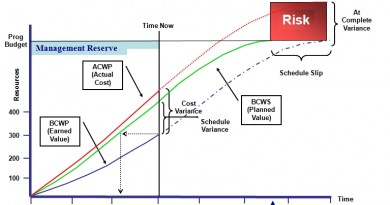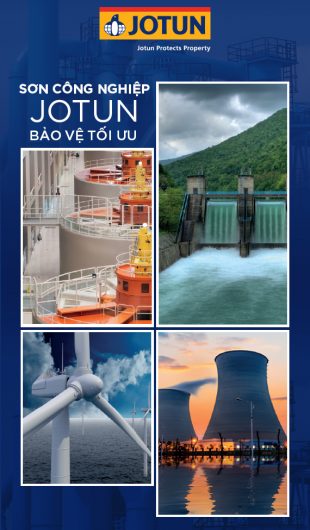Real estate lessons learned, foreign expert
Mr. Stephen Wyatt, Country Head of Jones Lang LaSalle (JLL) Vietnam, discusses the current state of Vietnam’s property market.
It’s been reported that residential demand remains healthy in Ho Chi Minh City and Hanoi. What is your assessment of Vietnam’s property market and the key growth drivers?
The property market saw considerable improvements in 2015 when compared to the previous three or four years.
Activity focused around the residential sector, with a considerable amount of development reported in both major cities of Hanoi and Ho Chi Minh City, matched by a significant rise in demand.
The office, retail, and industrial sectors also reported improved leasing momentum.
The development of the residential market has been more sustainable and healthier than that recorded in the 2007-2008 boom, as developers, investors, and homebuyers have learned the lessons of the past.
Supply has increasingly improved over time, in terms of construction/design quality, payment schedules, financial support offered to buyers, and marketing programs/techniques.
The demand side, which was characterized by enhanced customer confidence and stronger investment sentiment and supported by the availability of housing loans from commercial banks, responded favorably.
In the residential market one of the key growth drivers has been the increased availability of housing credit, to both developers and homebuyers.
Government policies on credit guarantees from banks/financial institutions for properties to be built in the future helped increase the volume of the business credit market.
In the meantime, the intense competition among commercial banks in providing housing loans, which has resulted in more attractive interest rates, higher loan-to-value ratios, and longer grace periods, helped facilitate an overall improvement in confidence throughout the market. Commercial banks, in cooperation with housing developers, offer attractive lending rates of 5-6 per cent per annum versus the market average of about 7-7.5 per cent per annum in 2015.
Also, deposit rates have recently averaged about 6 per cent per annum, decreasing sharply from the more than 14 per cent per annum recorded in 2011 and partly making the real estate market the more preferred investment channel for Vietnamese, as opposed to gold and equities.
It has been observed that developers’ reputations are one of the best-selling points in projects in the residential market and it is fair to say that buyers are becoming more discerning as the market matures.
How has the relaxation on foreign ownership rules affected sales?
Since the ownership legislation changed on July 1, 2015, over 1,000 units have been reportedly sold to foreigners.
This is a considerable increase in volume compared to a meager 250 units sold in the previous five years.
A number of new projects were launched in the third of fourth quarters of 2015 with good quality construction, interior design and layout, which are more appealing to foreigners.
Recent examples include Gateway Thao Dien (by Son Kim Land & Hamon Developments) and The Nassim Thao Dien (by Son Kim Land & Hongkong Land), both of which attracted attention from foreign buyers.
The launch in Singapore of Estella Heights (by Keppel Land) and Vista Verde (by CapitaLand) also received positive feedback with strong sales reported.
All four projects are located in District 2 of Ho Chi Minh City, which is regarded as the expatriate community.
What are the main challenges and risks in investing in Vietnam?
Vietnam is considered a frontier market and therefore we recommend investors gain a full understanding of the market before making an investment.
If you are a private individual looking to invest in the residential market, we recommend choosing a developer that can demonstrate a strong track record of completed projects and financial capability.
Both Hanoi and Ho Chi Minh City are witnessing a lot of development activity at present so it is important to understand the overall master plans and upcoming infrastructure projects and the potential impact.
The legal system can seem opaque and vague, so always enlist the advice of a good quality law firm.
In terms of property prices, how does Vietnam compare with the rest of Asia? Where do you see prices heading amid the current boom?
Property prices in Vietnam remain affordable, with a typical two-bedroom, 70 sq m residential apartment within 10-15 minutes of Ho Chi Minh City’s CBD selling for $1,600-2,000 per sq m, or $112,000-140,000.
Overall prices are still down 15-20 per cent from their peak in 2007-08. When compared to other major cities in the region we believe there is considerable upside.
As the country matures and there is further integration with the international community we expect to see capital growth of around 5-7 per cent per annum.
Investors can currently enjoy returns of 6-7 per cent on residential property and 9-11 per cent on commercial, depending on the location, age, and quality of the building and the covenant strength of tenants.
JLL are currently marketing a number of opportunities, ranging from development land and income producing assets to hotels and healthcare parks.
source: businesstimes









